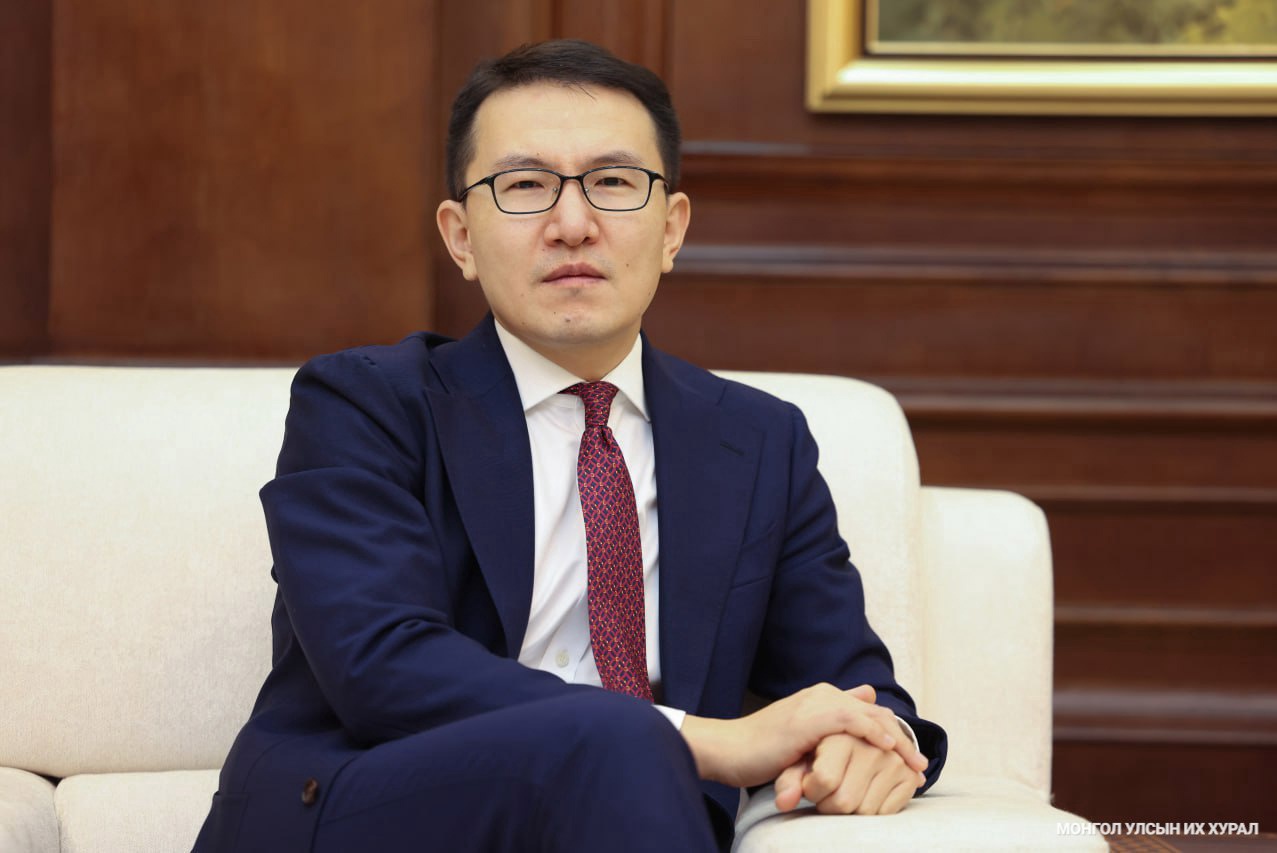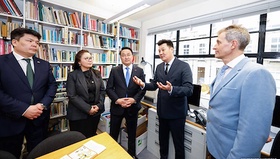The Secretariat of the State Great Hural (Parliament) has translated the Constitution of Mongolia into sign language, making it accessible to the public. Deputy Secretary General of the Secretariat, E. Lkhagva, provided further details on this initiative.
Could you share some insights into translating the Constitution into sign language for people with disabilities?
Under the amendments to the Constitution, the restructured 126-member State Great Hural prioritizes upholding human rights in its legislative and oversight activities. This aligns with the "Three Pillars of Excellence" strategy of the Mongolian Parliament. The Constitution clearly stipulates that everyone is equal before the law and that discrimination on any grounds is unacceptable. People with visual, hearing, physical, intellectual, or sensory disabilities should not be excluded from social interactions due to their conditions. The Law on the Rights of Persons with Disabilities reinforces this by detailing measures to ensure their rights and full participation in social life. It also mandates state organizations, citizens, and entities to provide universal designs, accessible resources, and comply with standards for inclusivity.
Following these principles, the Secretariat recently released an audio version of the Constitution for visually impaired citizens on January 9. Now, it has made the Constitution available in sign language to serve citizens with hearing and speech impairments.
Where can the audio and sign language versions of the Constitution be accessed?
The Constitution, interpreted in sign language and integrated with its audio version, will be available starting tomorrow on the official website of the State Great Hural, www.parliament.mn. It will also be disseminated through the Parliament's official social media platforms, online news outlets, and media channels.
According to the National Statistics Office, as of 2023, there are over 11,418 individuals with hearing and speech impairments and approximately 12,053 visually impaired individuals in Mongolia. The Secretariat aims to ensure these versions of the Constitution are as accessible and widely available as possible. By providing fundamental legal knowledge through the Constitution, this initiative empowers people with disabilities to explore other legal frameworks, assert their rights, and fully participate in society.

 Eng
Eng  Монгол
Монгол


